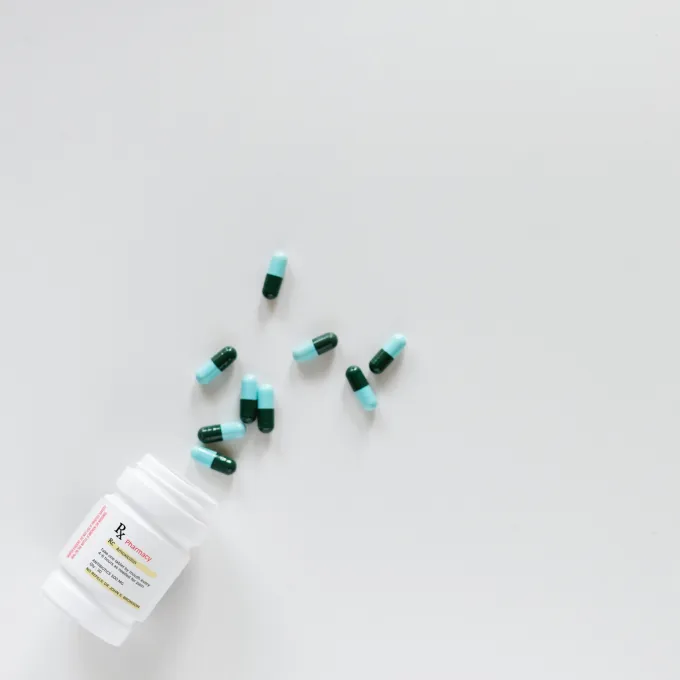Undergraduate Requirements
Most pharmacy programs give preference to students who earned a bachelor’s. No specific major is required, as long as prerequisite courses are all taken. School specific information is also available on the PharmCAS website.
GPA
Most pharmacy schools have a minimum grade point average (GPA) and test score requirements. Visit the school information pages on the PharmCAS webiste for the expected GPA of accepted students and minimum overall GPA considered at each PharmCAS school.
The Application
Most pharmacy degree programs in the U.S. participate in the Pharmacy College Application Service (PharmCAS) for admission. You should visit thePharmCAS Web site to learn more about the admissions process and requirements.
Letters of Reference
Many pharmacy degree programs require 1-4 letters of recommendation as part of the pharmacy admissions process. Schools may require you to submit letters from particular individuals, such as a pharmacist, professor or academic advisor. Review the admission requirements of each pharmacy school for instructions.
Interviews
Pharmacy schools will require competitive applicants to visit the campus for an interview. The interview format varies by institution. Pharmacy admission officers may require you to speak with a single faculty member, a student, a pharmacist, or a panel of interviewers. If invited, you should be prepared to discuss why you have chosen to pursue a career in the pharmacy profession and how you perceive the role of the pharmacist in healthcare. Those who have researched and gained direct exposure to the profession will be better prepared to respond t the interview questions. During these interviews, you may be rated on your oral communication skills, how you present yourself and interact in a group, your knowledge of the profession of pharmacy, your ability to solve problems, and your motivation to pursue a career in pharmacy. Your written communication skills may be measured with an on-campus essay exercise.

